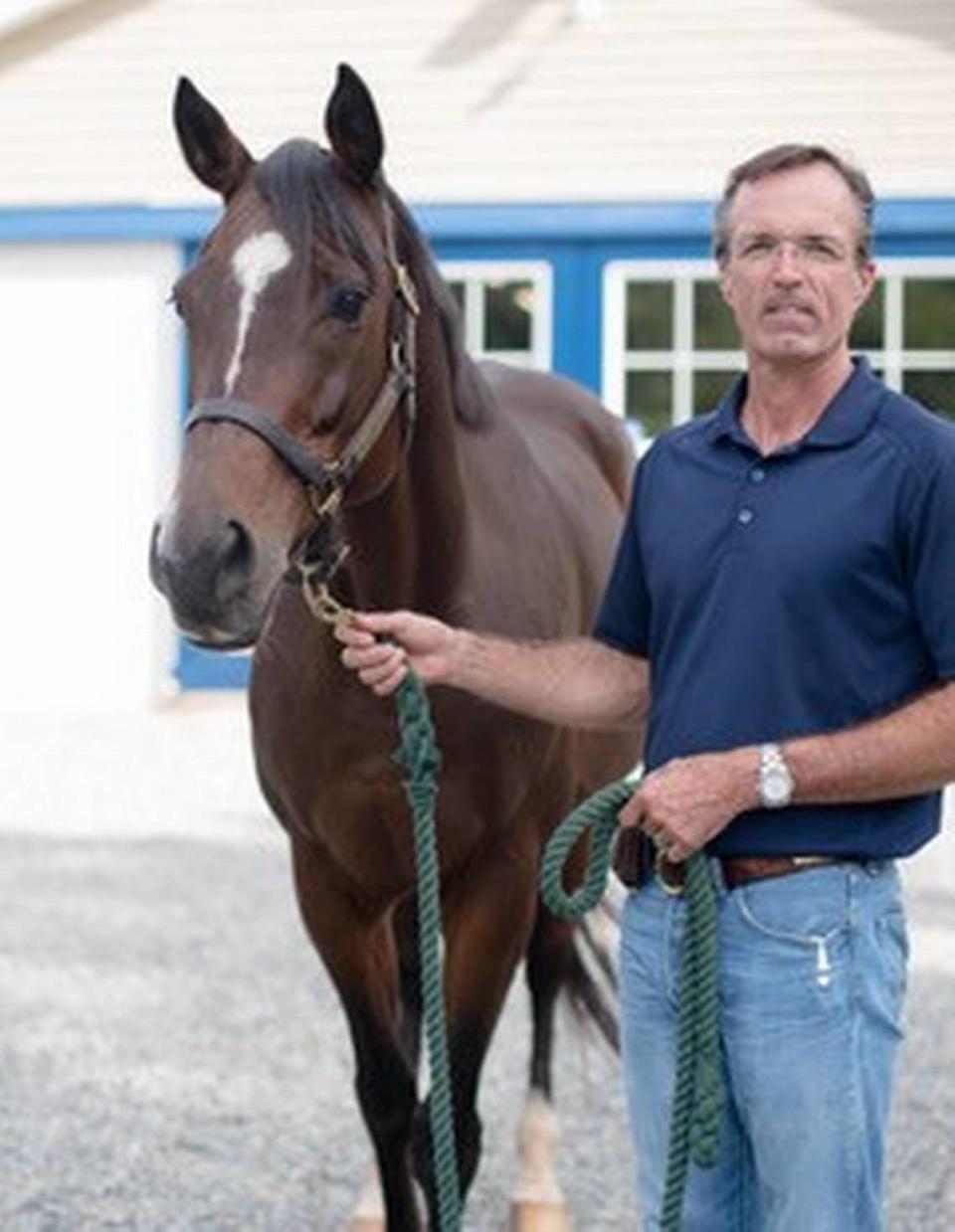The Horseracing Integrity and Safety Act isn’t working. Here’s an alternative. | Opinion
Those of us in the horseracing industry remember late 2019 and early 2020 all too well. A series of sudden equine fatalities at Santa Anita Park in Arcadia, California, and high-profile indictments of trainers and veterinarians in New York, marking the largest drug bust ever in U.S. horse racing, caused unrest and uncertainty in the industry. It was not a good time to be in horse racing. These events ultimately led to the quick passage of the Horseracing Integrity and Safety Act (HISA) in late 2020. Now, almost three years later, HISA is the law of the land, but it is failing to protect horses. Twelve horses died in six weeks on horseracing’s biggest stage at Churchill Downs Racetrack, home of the Kentucky Derby. Shortly thereafter, the Preakness Stakes was overshadowed by another horse death at Pimlico Race Course, and another 14 horses have died at New York’s prestigious Saratoga Race Course—all under HISA’s watch.
Supporters of HISA thought the new law would be the much-needed savior for the industry. But HISA is far from what the industry needed. It has been riddled with problem after problem, and ultimately, it puts public perception over science. The Horseracing Integrity and Safety Authority, the private corporation tasked with developing and implementing new Anti-Doping and Medication Control and Racetrack Safety rules, time and time again based its rules upon what looks good to outsiders, rather than what is good for racehorses.
Look no further than its ban on trazodone. Trazodone is a therapeutic drug approved by the FDA for use on humans to address sleep disorder. On horses it is used to calm the nerves of an animal recuperating from an injury like a bone fracture. It has no performance enhancing qualities. If you want your horse to win a race, you don’t want to put it to sleep. But the HISA Authority bans trazodone not only at racetracks, but also in the recovery setting. This over-regulation for the sake of looking tough on doping is not only unnecessary, but it is also harmful to horses which need the drug to help them heal.
In addition, the HISA Authority has become an unaccountable behemoth that dumped an additional $66.5 million price tag on the industry for 2023 and plans nearly $81 million for 2024. That is in addition to the fees that horsemen already pay to race their horse. Pre-HISA, horsemen would pay minimal fees for charges such as the track pony or commission administered Lasix, but now, under HISA, horsemen will pay on average an additional $170-440 per start.
Industry representatives recognized the writing on the wall and began collaborating on an alternative bill that would have the same stated goals as HISA: to bring more uniformity, more transparency, and more integrity to the horseracing industry; however, the alternative does so in a much different way: a science-based way. Last week, Congressman Clay Higgins (R-LA-03) introduced that bill in the United States House of Representatives, the Racehorse Health and Safety Act (RHSA).
RHSA is a commonsense piece of legislation built from the ground up that serves to replace HISA, is workable for every horseman, and is inclusive of every major breed participating in horse racing. The RHSA establishes the Racehorse Health and Safety Organization or RHSO, a board of directors that will ultimately approve the proposed breed-specific rules. The board will establish separate Scientific Medication Control Committees for Thoroughbreds, Standardbreds, and Quarter Horses and one Racetrack Safety Committee that will recommend breed specific rules to the Board. Each committee will consist of experts who will be appointed by industry representatives and state racing commissions instead of being hand-picked by industry insiders, as they are under HISA.
And the RHSA will cost substantially less than HISA, utilizing the current state-based infrastructure for enforcement, testing, and adjudication. Whatever small assessment is needed, the fees will be allocated fairly among racing breeds, ensuring that each racing breed pays only for its specific needs. We need RHSA to help restore our industry, and it is something that the horseracing industry should be proud of. I call on Congress to join Rep. Higgins in this effort and urge swift passage of RHSA.

Dr. Doug Daniels, is an equine veterinarian and President of the National Horsemen’s Benevolent and Protective Association.

